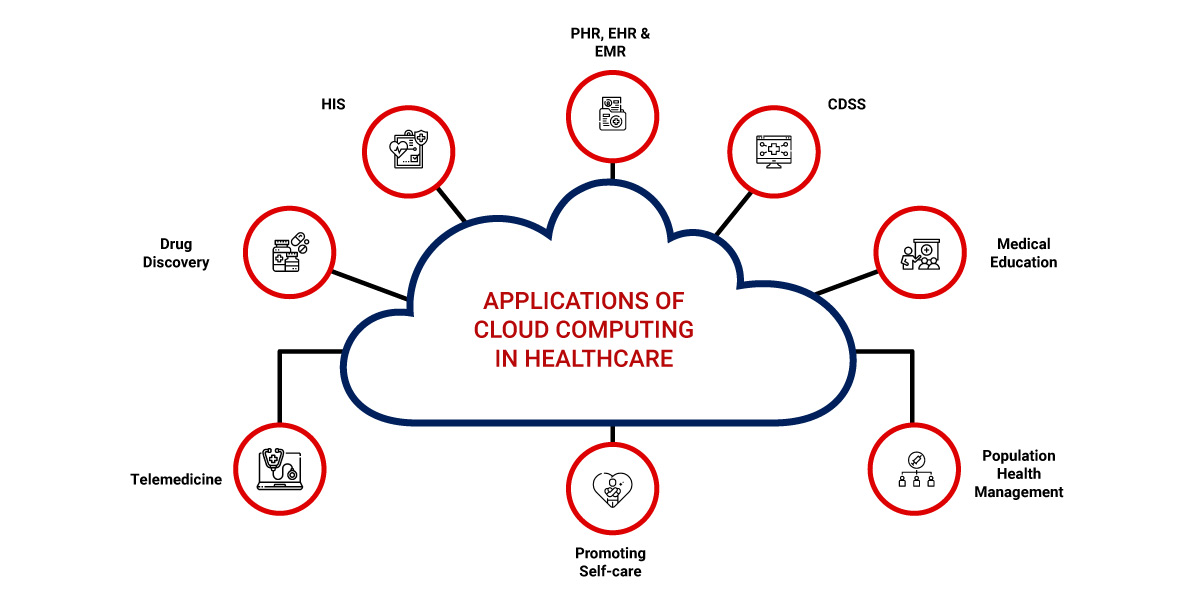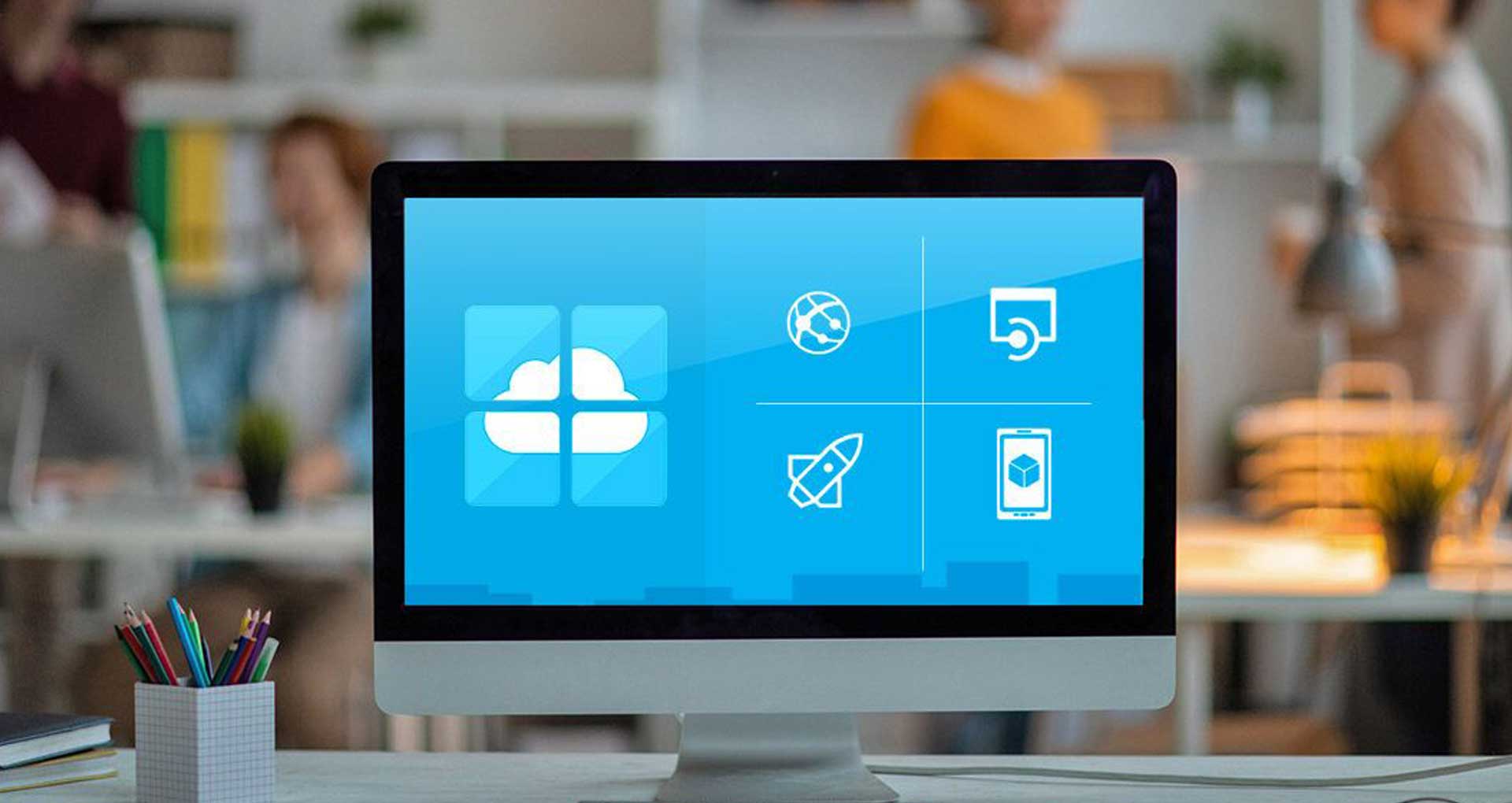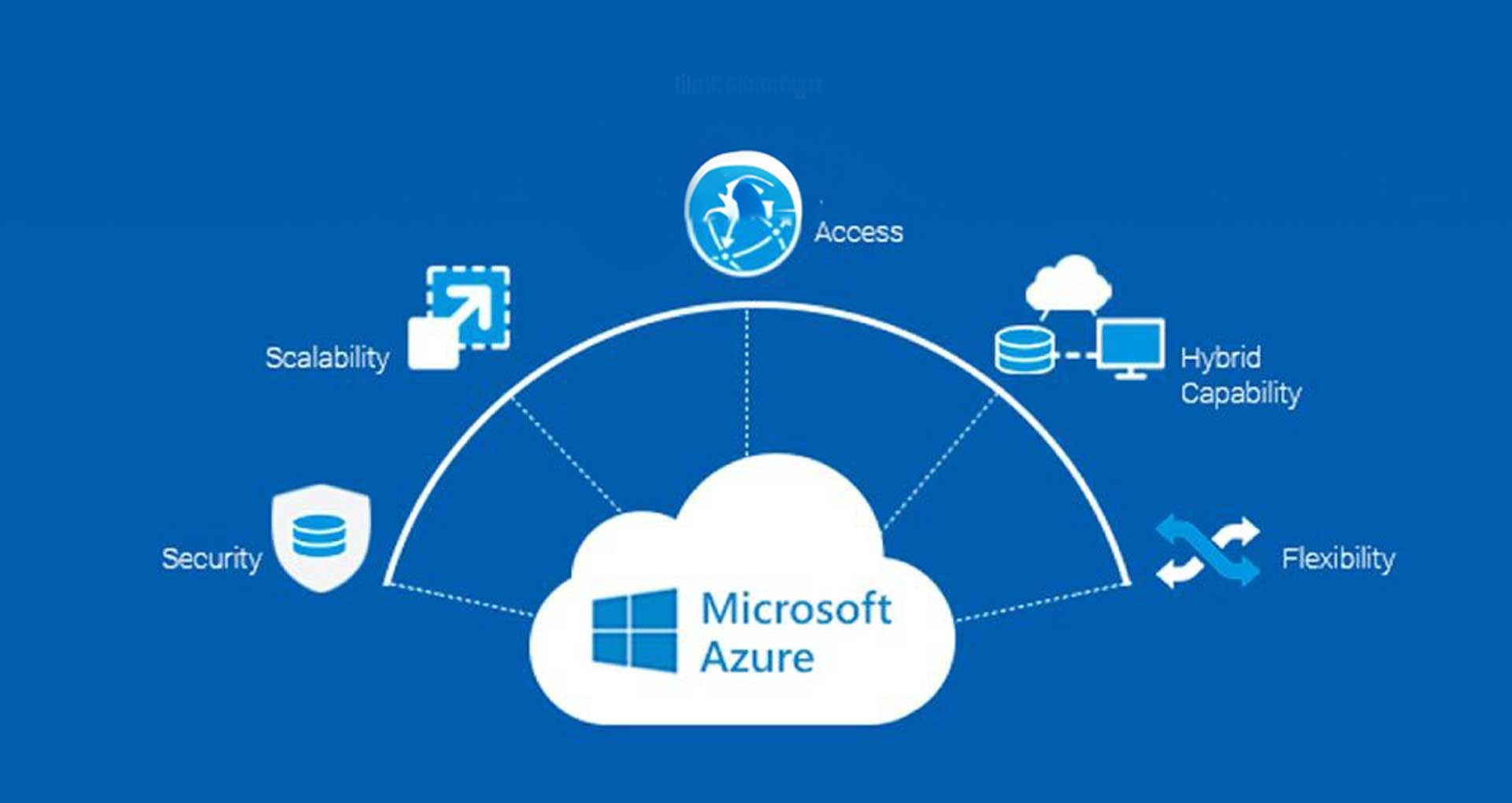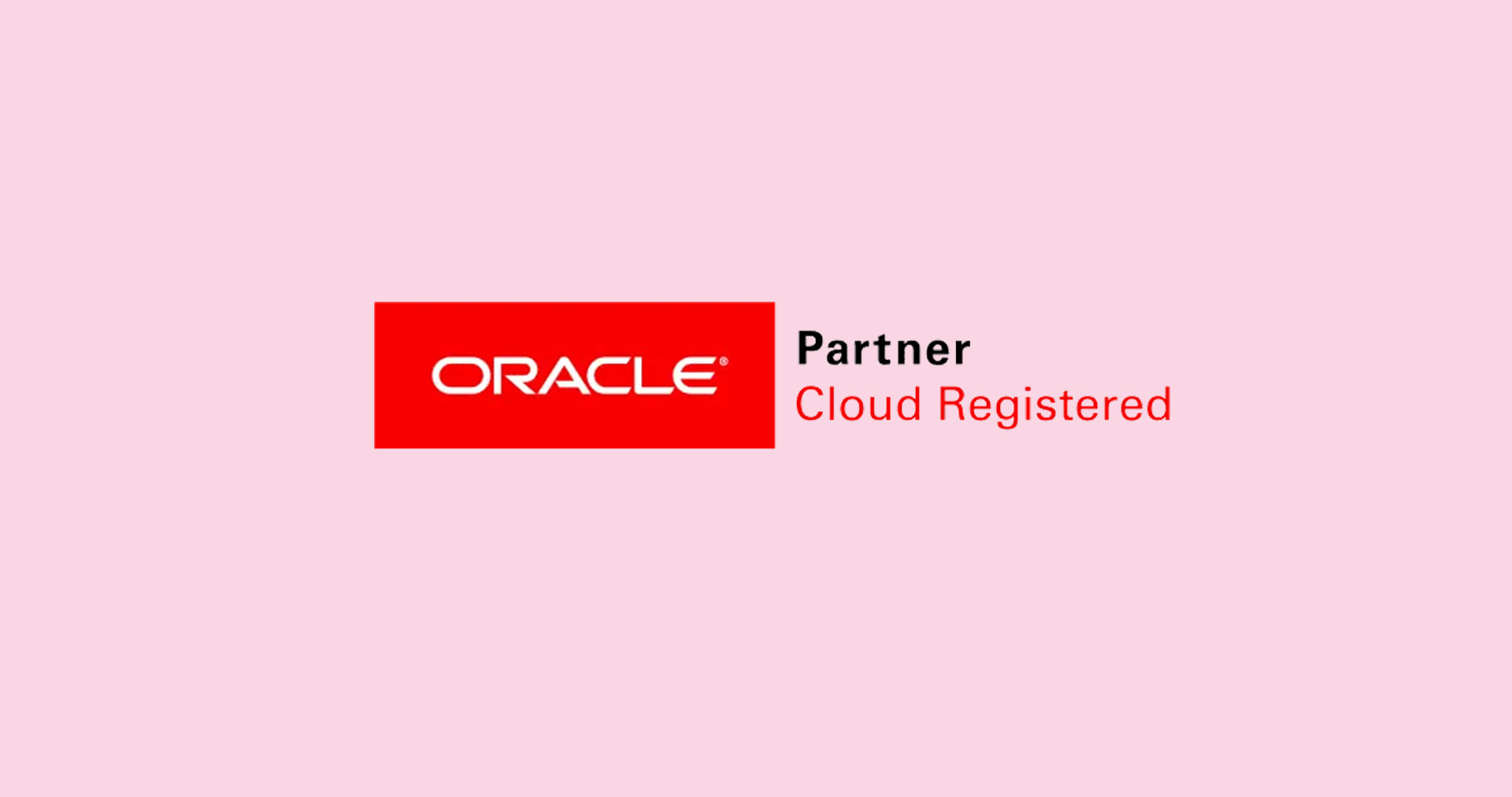Cloud computing in healthcare has brought forth innovation for the industry while transforming it for good – from creation, consumption, storage and sharing of medical data. Today, it provides a connected, accessible, and collaborative environment for patients and clinicians.
Report Linker suggests that cloud computing in the healthcare industry is projected to grow at 19.28% and reach USD 100.22 billion by 2027 from USD 34.78 billion in 2021. The leading healthcare providers are heavily investing in cloud adoption to reduce operational costs, enhance privacy and facilitate better patient care through collaboration and interoperability.
In this post, we’ll discuss significant aspects of cloud computing that impact the healthcare industry, including applications, benefits, examples, risks, and how Rishabh can help build customized healthcare solutions. So, let’s get started!
Applications of Cloud Computing in the Healthcare Sector
Cloud computing refers to the on-demand availability of computer system resources like data storage or computing power. And, “cloud” refers to the accessibility of data centers to users over the internet, distributed over multiple locations from central servers. Simply put, this is an affordable technology with several superpowers, including an innate ability to process information in huge sets of data fast and accurately.
That’s one of the few reasons why healthcare practitioners put into practice cloud computing for communication, decision-making, and forecasting. It can help create an entire IT infrastructure that unites hospitals, patients, insurance companies, R&D centers & many more inside a sole informative ecosystem.

The extent of cloud computing application in healthcare is visible, listed below are a few examples:
- Telemedicine: The use of cloud technology as ICT (Information and Communications Technology) infrastructure allows the online delivery of care services by facilitating doctor-to-patient and doctor-to-doctor interactions. It allows medical staff to provide input on complex cases using telemedicine technology like telesurgery, teleradiology, etc. Telemedicine apps today allow real-time data transfer across different locations to save cost & time by minimizing hospital visits, and much more.
- Drug Discovery: The combination of cloud computing and quantum molecular design improves the success probability of drug discovery while yielding faster and cost-effective results. IaaS (Infrastructure as a Service) helps simplify the highly complex process that requires the discovery of different compounds from billions of chemical structures.
- Healthcare Information Systems (HIS): They collect, store, and share patients’ data electronically. They could also be hospital operational management systems answering patient queries, facilitating better patient care, billing & finance, human resource management, policy decisions, etc. Cloud technology helps develop & deploy them while ensuring cross-platform compatibility and integration with legacy systems.
- PHR, EHR & EMR: Personal Health Records (PHR), Electronic Health Records (EHR), and Electronic Medical Records (EMR) are all data repositories managed by patients, multiple managed-care organizations, and a single hospital, respectively. Cloud computing helps to manage customized access to each one of them.
- Clinical Decision Support System (CDSS): Helps analyze data to enable clinicians to diagnose and improve care by providing prompts and reminders to quash unimportant tests, screen disease symptoms, follow treatment protocols, avoid potentially dangerous complications, and much more. It could be connected to a repository like EHR or use machine learning to analyze clinical data.
- Medical Education: Cloud technology benefits education with its flexibility and pay-as-you-go model. Today it enables universities to reduce efforts & costs by facilitating online lectures to students from anywhere, increasing collaboration with academia worldwide, conducting seminars, and much more. Further, cloud-based digital medical libraries with varied query languages, indexing services, and management systems support students with extracting information as they need. So, students, care providers, and researchers can get information on-demand to stay relevant to the latest developments.
- Population Health Management: Public health organizations use cloud services to track the trend of diseases, map them geospatially, inform people, and guide in planning control programs. For example, the Centers for Disease Control and Prevention (CDC), dedicated to public health surveillance, use a cloud-based computing platform to make data available faster.
- Promoting Self-care: As a part of self-care, many help groups consisting of people who have already suffered specific diseases share their knowledge and experience with new patients on the web. By utilizing SaaS and PaaS models, the training of the masses can be made possible by providing hosting services and applications like forums to start their group, chat tools, etc.
Key Benefits of Cloud Computing in Healthcare
Varied healthcare management solutions offer immense value for clinicians to improve care for patients.
Here are some noteworthy advantages:
- Lowered Cost: On-premise data storage and maintenance requires the purchase of hardware & servers and an in-house IT team, which is expensive. On the other hand, utilizing cloud storage and computing services in the medical field is cost-effective, flexible, scalable, and secure. It provides indirect cost savings through increased staff productivity and fewer system downtime.
- Easy Interoperability: Cloud technology facilitates smooth data integration across the entire managed-care system from varied sources like other facilities, data repositories, healthcare apps & wearables, etc. It helps distribute patients’ data, facilitates quick diagnosis, and provides early & accurate care.
- Personalized Care & Medical Research: IoT devices like consumer wearables and home medical care gadgets for monitoring blood pressure, glucose, etc., provide near-real-time data. The hospital collects it and examines the patient’s health remotely. It especially helps sufferers with long-term conditions like Parkinson’s disease. Doctors and family members get alerts when they change their routines. Cloud systems manage everything from connecting with IoT devices to managing data. Clinicians can use it to offer personalized care plans.
Further, cloud computing with Artificial Intelligence (AI) algorithms and Big Data Analytics helps the healthcare department derive valuable insights from medical data. It powers essential research to develop life-saving drugs or procedures. - Increased Doctor-Patient Engagement: Medical information stored on the cloud is easy to archive and retrieve, reducing data redundancy and increasing system uptime. As patients can get their records on demand, their participation in health-related decisions increases, and they experience better control. It also increases engagement and supports self-care efforts.
- Scalability: With subscription-based payment models, the care providers can go for purchase when their patient’s intake increases. Similarly, they can reduce resources on the cloud when the demand is low. It saves them from investing in advance for high-end in-house hardware and servers, which they may or may not utilize to optimum capacity.
Examples of Cloud Computing in Healthcare
Many healthcare organizations have benefited from the use of cloud computing in many ways.
Here are some real-life examples:
Allergen (now AbbVie Inc)
Before the acquisition, the Ireland-based global pharmaceutical company used to develop, manufacture & commercialize branded pharmaceuticals. They leveraged AWS to migrate its 400+ marketing websites and applications used by over 18 million consumers and caregivers from their traditional hosting provider.
It led to:
- 10% growth rate every year
- Instantly increasing storage capacity instead of weeks
- $140,000 annual savings on operating costs
DC Health Benefit Exchange Authority
Washington DC’s state-based online health-insurance marketplace wanted to scale due to high demand. It initially used COTS products but realized sooner that the change requests cost heavily due to hard-coded software. The decision was made to migrate the marketplace to the cloud by using AWS because it offers the ability to develop software and new features rapidly, meet federal security and compliance standards, and contain costs.
It led to:
- $1.8 million savings annually in operating costs
- 3x increase in covered lives
- $250,000 annual savings on data-center space
By now you would have realized that the implementation of cloud computing in healthcare can help shape the future of your business in several ways. As a next step, you would need to hire specialists like Rishabh Software as the healthcare app development company to enable you to create cloud solutions and overcome potential technical issues.
Why Partner with Rishabh Software?
Rishabh utilizes two decades of experience to provide best-in-class cloud development services and helps build reliable, scalable, and secure solutions. We have done significant work to help healthcare both institutions & practitioners improve clinical and business operations and enhance the level of care.
Here’s what makes us stand out as a reliable IT partner to provide cloud computing services in the healthcare industry:
- Right mix of technical experience, talent, and domain understanding
- AWS & Azure certified resources with a track record of completing transformational projects
- Agile processes and thorough quality control
- Optimized solutions within budgets
- Customization to meet client’s specific needs

Success Stories:
Dedicated Healthcare Dashboard Portal
A US-based enterprise during the COVID-19 outbreak era wanted to develop a single source of truth to get real-time information and visualization about the pandemic with the latest healthcare data trackers. They were unsure of what parameter and insight will be valuable to showcase and had limited intelligence at hand to track the historical data for the novel virus.
Rishabh team built a cloud-enabled data dashboard platform that could track & monitor pandemic spread, impact, disease spread, deaths reported & care access to patients.
The developed solution resulted in:
- ~98% accurate data comparison of the growth & mortality rate
- Accurate information from credible sources to avoid miscommunication
- Multiple views and insights by location
User-Friendly Homecare Provider Portal
A UK-based healthcare service provider wanted to develop a home care portal as a marketplace for doctors and patients. It would enable older adults to search, shortlist, and hire affordable caregivers and help the service provider increase their clientele.
We build an intuitive cloud-based web portal supported by a mobile app providing caregivers’ dashboard & profile validation, messaging for smooth communication, elder-friendly design, workflow management, and faster payments.
The developed solution resulted in:
- 50% reduction in operational costs
- Two-step contract builder
- 80% improvement in senior care
Legacy Application Modernization in Cloud
A US-based healthcare service provider with 3000+ professionals wanted to revamp their legacy appointment scheduling application that offered a poor customer experience.
We re-engineered the healthcare application on the cloud with new features and enhancements to improve system performance and manage modern-day clinical & business operations.
The developed solution helped achieve:
- 40% boost in application performance
- 30% increase in operational efficiency with improved UI
- 5000+ bookings per day managed efficiently
Risks of Cloud Computing in Healthcare
Despite the many perks of moving to the cloud, if the cloud services provider doesn’t handle the project correctly, it could lead to data breaches. Therefore, healthcare organizations must be aware of the potential challenges and how to overcome them. They include:
- Security Concerns: Issues arise when there is no clarity on where the healthcare institute’s responsibility for security controls starts and the cloud provider’s ends. This ambiguity puts data at risk. The managed-care organizations can address this challenge by clarifying which security controls fall under their purview and making necessary arrangements.
- Regulatory Compliance: Regulations like the GDPR and HIPAA legally obligate medical care providers to protect patients’ data and notify them about breaches. As non-compliance attracts a hefty fine, it is essential to place proper controls when migrating the data to the cloud and even after that. So, healthcare providers must protect the data against unauthorized disclosure by deploying security controls like access controls, storage security, and authentication measures.
Summing Up
Cloud computing plays a significant role in improving the operations of the healthcare industry. They are no exception to the fact that the data is omnipresent. And, as the cloud technology matures exponentially, there will be even a vast amount of potential for cloud computing. It is apparent from its many applications, benefits, and examples. Since quality healthcare has acquired the status of a human’s fundamental right – it is also a costly and highly complicated subject. Therefore you need to channel your cloud computing power into systems that offer quality and affordable healthcare for all, with the right IT partner.








